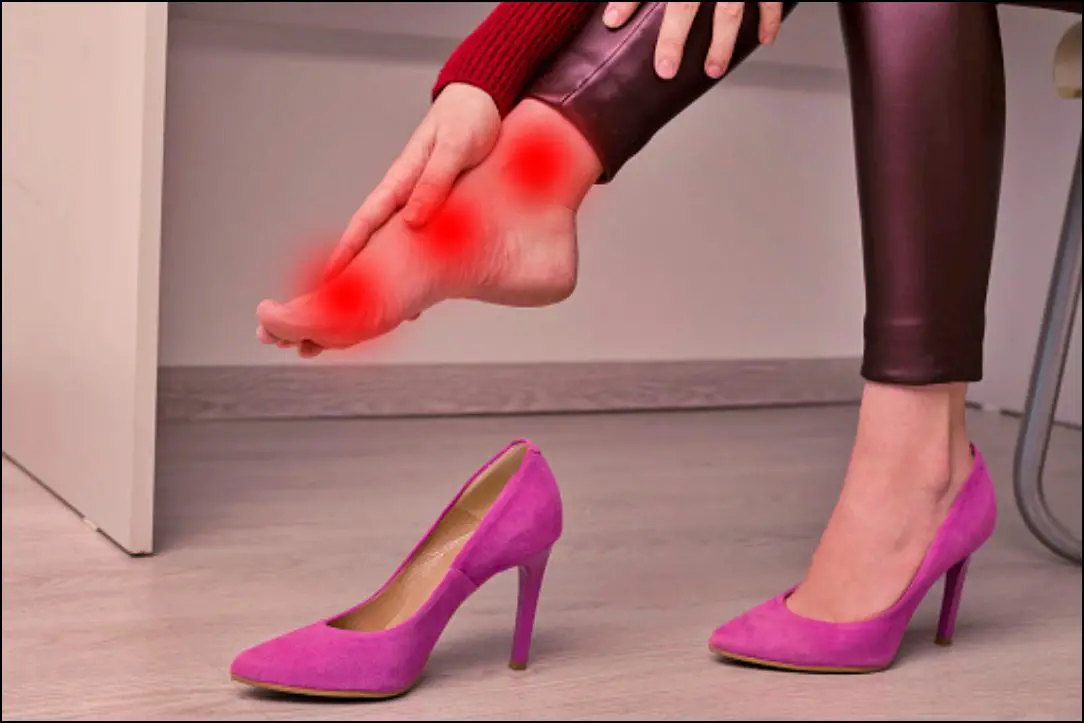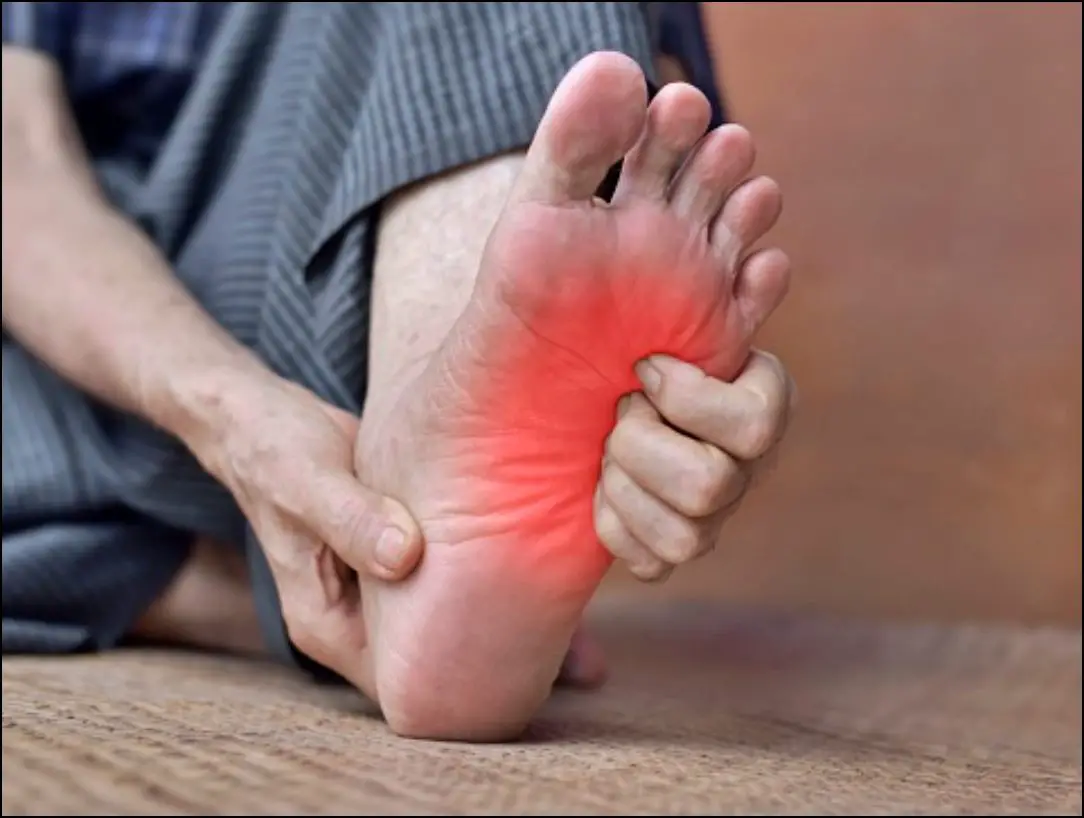Are you suffering from the painful symptoms associated with joint and connective tissue diseases? Finding quality health care in your area doesn’t have to be a daunting task. If you’re looking for guidance on how to find a rheumatologist in Cebu City, we’ve got you covered! Rheumatologists specialize in diagnosing and treating autoimmune diseases, including arthritis and lupus. They focus on understanding pain and helping patients manage their illness through dietary education, medications, physical therapy and exercises that promote better health.
In this blog post, we’ll provide our readers with a comprehensive list of experienced rheumatologists located in Cebu City so individuals can receive the medical attention they need without having to look far.

What is a Rheumatologist?
A rheumatologist is a medical doctor who specializes in the diagnosis and treatment of rheumatic diseases. These diseases affect the joints, muscles, bones and other connective tissues in the body. Rheumatism includes arthritis, lupus, gout and fibromyalgia among others.
A rheumatologist can help you manage your condition and improve your quality of life by providing diagnostic tests, imaging studies, medications and physical therapy. They may also provide advice on dietary modifications to control inflammation in the body.

List of Rheumatologists in Cebu City
We have compiled a comprehensive list of experienced rheumatologists located in Cebu City. Check out the list below to find the best match for your needs:
Ronald Eullaran Rheumatology Clinic
Address: Chong Hua Medical Center, 1 J. Llorente St, Cebu City, 6000 Cebu
Phone: 0917 701 1169
Hours: 11:30 AM – 5 PM (Monday – Friday)
James Bermas, MD
Address: 8V6R+2H9, Chong Hua Hospital, J. Llorente St, Cebu City, Cebu
Phone: (032) 520 7538
Dr. Ma. Rica Salgado
Address: 8V7R+MPJ, Department of Rheumatology, Cebu Doctors University Hospital, Osmeña Boulevard, Cebu City, 6000
Phone: (032) 256 3293
Dr. Jose Antiga
Address: 8V5R+XF8, Chong Hua Hospital, B. Rodriguez Street, Cebu City, 6000
Phone: (032) 254 2829
Dr. Karina Tecson
Address: 85, Visayas Community Medical Center, Osmena Boulevard, Santa Cruz, Cebu City, 6000
Phone: (032) 253 1901
Josephine Abao-lim, M.D.
Address: Chong Hua Hospital, Rosal Street, Cebu City
Phone: (032) 505 0917
Alfonso Juan Miranda Rheumatology Clinic
Address: Room 833 Chong Hua Mandaue Medical Arts Mantawi Itnl Drive, Mandaue City, 6014 Cebu
Phone: 0917 152 5343
Hours: 1 PM – 3 PM (Monday, Tuesday, Thursday and Friday)
Manuel Emerson S. Donaldo, MD
Address: 41 F. Ramos St, Cebu City, 6000 Cebu
Phone: (032) 253 1871
Dr. Roland Eullaran
Address: 8V6R+3H6, Chong Hua Hospital, Don Mariano Cui Street, Cebu City, 6000 Cebu
Phone: (032) 255 8000
Dr. Antigua, Joseph M.
Address: 8V7X+XQH, Perpetual Succor Hospital, Gorordo Avenue, Cebu City, Gorordo Ave, Cebu City, 6000 Cebu
Phone: (032) 412 2145
Dr. Shanida Camomot
Address: 8V5V+G3R, Pediatric Department, Cupsi Center for Women’s Health, CWC Building, B. Rodriguez Street, Cebu City, 6000 Cebu
Phone: (032) 418 7599
Merle Y. Barba, MD Clinic
Address: Room 206, Cebu Doctor’s University Hospital, Osmeña Blvd, Cebu City, Cebu
Phone: (032) 253 6605
Dr. Rodriguez, Maita
Address: Perpetual Succour Hospital, Gorordo Avenue, Cebu City, Gorordo Ave, Cebu City, 6000 Cebu
Phone: (032) 238 7755
Chong Hua Hospital Internal Medicine Department – General Medicine, Mejia, Athena Marjulie M.D.
Address: Room #104, Chong Hua Medical Arts, Chong Hua Hospital, Fuente Osmeña, Cebu City, Cebu
Phone: (032) 253 8868
Dr. Mangubat, Marilou C.
Address: Perpetual Succour Hospital of Cebu Incorporated, Gorordo Avenue, Cebu City, Cebu, Gorordo Ave, Cebu City, 6000 Cebu
Phone: (032) 231 4749
Dr. Steve G.J. Rama, M.D.
Address: Room 308, Chong Hua Medical Arts Center, J. Llorente Street, 6000 Cebu
Phone: (032) 253 8607
Joseph, Antigua, M.D.
Address: Chong Hua Hospital, Rosal Street, Cebu City
Phone: (032) 254 0885
Ronald N. Eullaran, MD
Address: J. Llorente Street, Cebu City, Cebu
Phone: (032) 412 4000
Juvy C. Ty, MD
Address: Room 211, Chong Hua Hospital, J. Llorente St, Cebu City, Cebu
Phone: (032) 254 6179
Dr. Roy D. Lastimosa
Address: Ahlia Medical Center, Gov. M. Cuenco Ave, Gullas Drive, Mandaue City, 6000 Cebu
Phone: 0921 398 6941
Chong Hua Hospital Internal Medicine Department – General Medicine, Uy, Reginita M.D.
Address: Room #302, Chong Hua Medical Arts, Chong Hua Hospital, Fuente Osmeña, Cebu City, Cebu
Phone: (032) 253 2351
Nilo B. Vergara, MD
Located: J.C. Borromeo Building
Address: 8V7V+F49, J.C. Borromeo Building, Gov. M. Roa Street, Capitol Site, Cebu City, Cebu, Cebu City
Phone: (032) 254 2826
Joy Fe A. Lim, MD
Address: Room 202 Chong Hua Hospital, J. Llorente Street, Cebu City, Cebu
Phone: (032) 253 6096
Dr. Joselito D. Almendras
Address: Room 327, Cebu Doctor’s University Hospital, Osmeña Blvd, Cebu City, 6000 Cebu
Phone: (032) 412 4920
Common Symptoms for Rheumatic Diseases
The common symptoms associated with rheumatic diseases include:
1. Joint pain

2. Stiffness and swelling in the joints

3. Fatigue

4. Fever

5. Weight loss

6. Muscle pain, weakness and tenderness

7. Redness or heat around a joint

8. Numbness or tingling in hands and feet

Foods to Eat with Rheumatic Diseases
1. Fruits and vegetables: Eating lots of fruits and vegetables can help you get the vitamins and antioxidants needed to reduce inflammation in your body.
2. Fish: Omega-3 fatty acids found in fish, such as salmon, tuna or mackerel, are beneficial for fighting inflammation.
3. Whole grains: Whole grain foods like quinoa, brown rice and oats are a good source of fiber and minerals that can help reduce inflammation.
4. Nuts and seeds: Nuts and seeds like almonds, walnuts, sunflower seeds, pumpkin seeds and chia seeds are high in healthy fats that may decrease inflammation.
5. Legumes: Lentils, beans, peas and other legumes are packed with fiber, protein and vitamins that can help reduce inflammation.
Foods to Avoid with Rheumatic Diseases
1. Processed meats: Processed meats, such as bacon, sausage or hot dogs contain high amounts of saturated fat which can lead to inflammation.
2. Refined carbohydrates: Highly refined carbohydrates like white bread and pasta are low in fiber and nutrients which can increase inflammation in the body.
3. Fried foods: Fried foods are generally high in trans fats which can lead to inflammation.
4. Sugary beverages: Soda, energy drinks and other sugary snacks are loaded with empty calories that can increase inflammation.
5. Alcohol: Heavy drinking of alcohol can lead to inflammation in the body over time.
Frequently Asked Questions
1. Is it important to see a rheumatologist?
Yes, it is very important to see a qualified rheumatologist for diagnosis and treatment of your condition. They can provide advice on medications, physical therapy and dietary modifications that may reduce inflammation in the body.
2. What can I do to manage my rheumatic condition?
Managing your rheumatic condition requires a combination of lifestyle changes, medications and treatments prescribed by your doctor. Additionally, eating a balanced diet that is rich in fruits and vegetables, whole grains, healthy fats and proteins may help reduce inflammation in the body. Regular exercise can also be beneficial for reducing pain and discomfort associated with rheumatic diseases.
3. What should I remember when living with a rheumatic condition?
Living with a rheumatic condition can be difficult, but there are many steps that you can take to make managing the condition easier. It is important to stay informed and keep up-to-date on any new treatments or advances in research that may benefit your condition. You should stay active and make lifestyle modifications such as following a healthy diet, getting enough sleep and avoiding stress. With the right care and support, it is possible to manage your condition and lead a full and productive life.
4. Where can I get support when living with a rheumatic condition?
There are many online communities available to those living with rheumatic conditions. These communities offer support, advice and resources to help individuals manage their condition. Many hospitals and healthcare centers have support groups that provide additional guidance and information. It is also important to talk to your doctor or rheumatologist about any concerns you may have as they can offer tailored advice on managing your condition.
5. Are there any activities that can help with managing my rheumatic condition?
Exercise, yoga and meditation are all activities that can help reduce inflammation in the body and ease pain associated with rheumatic diseases. Physical therapy may be recommended by your doctor to address specific needs related to your particular condition. Lastly, spending time outdoors or engaging in creative activities such as painting or writing can provide a source of relief and relaxation.
6. What are the benefits of seeing a rheumatologist?
A qualified rheumatologist can provide advice on medications, physical therapy and dietary modifications that may reduce inflammation in the body. They will be able to monitor your condition over time and make any necessary adjustments to your treatment plan.
VIDEO: When Should I see a Rheumatologist?
Please watch this video that explains when you should see a Rheumatologist. It is especially important to see a specialist if you are experiencing pain, discomfort, and stiffness in your joints as well as fatigue. If these symptoms persist for more than six weeks or worsen over time, it is important to get medical advice from an experienced rheumatologist.
Summary
Rheumatic diseases can cause pain and discomfort in the joints, muscles, bones and other connective tissues. It is important to talk with a rheumatologist about managing your condition. They will provide advice on medications, physical therapy and dietary modifications that may reduce inflammation in the body. Additionally, it is important to avoid certain foods like processed meats, refined carbohydrates and fried foods that can lead to inflammation.
We hope this blog post has provided you with helpful information about rheumatic diseases and the importance of seeing a qualified rheumatologist for diagnosis and treatment.